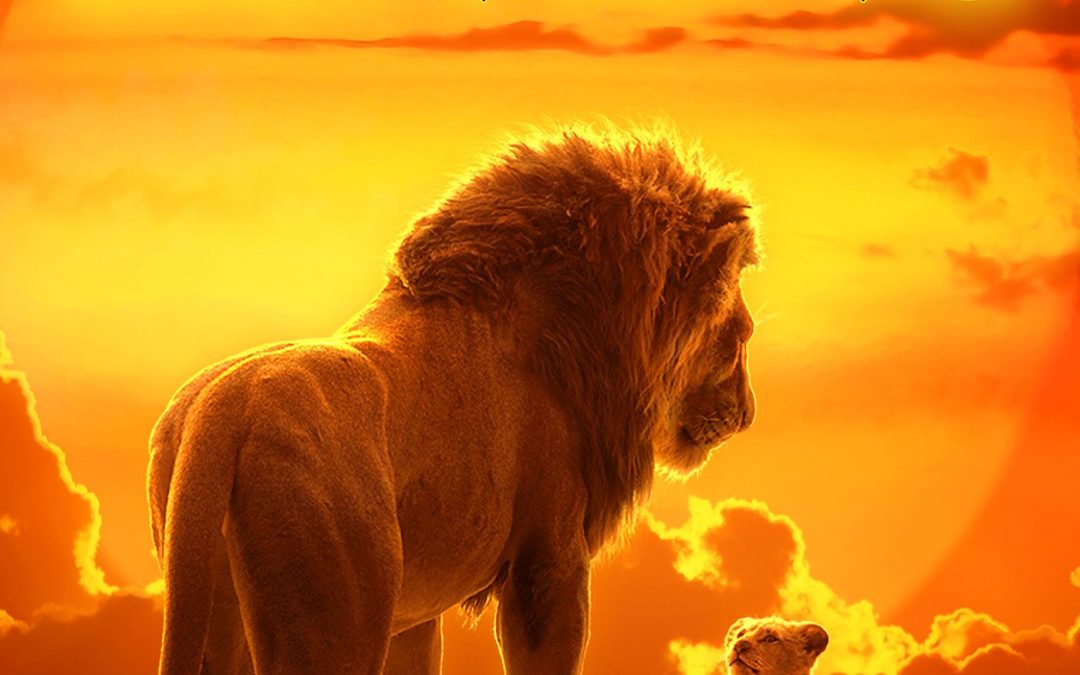October 1988 – Walt Disney Studios – Los Angeles, California: While eating lunch at his desk, science fiction writer Thomas Disch, got an idea for an unusual animation movie. Why not adapt Shakespeare’s play Hamlet to be performed by lions in Africa. A contract writer for Disney, Disch got busy on the script. A month later when he presented it to his boss, the idea got a cold reception. Disch was paid $5,000 for his work and fired.
Two years later a group of Disney screenwriters shared the idea of an animated children’s movie with company chairman Jeffrey Katzenberg. Their idea was a radical departure for Disney, whose success for 50 years rested on turning children’s stories like Snow White and Cinderella into movies. Katzenberg was skeptical of the idea but after several tries, the team finally convinced him to at least let them come up with a script.
The first script, the story of Bambi, only done in Africa with lions rather than deer, was rejected. After two days of brainstorming, the screenwriters came up with an epic tale about a succession of kings also done with lions in Africa. This time the project was presented to Katzenberg and Disney CEO Michael Eisner, who was even more skeptical than Katzenberg. Trying to be helpful, Eisner asked them if they had considered adapting Shakespeare’s play, King Lear, to lions.
The team didn’t like the King Lear idea. One screenwriter suggested maybe Shakespeare’s play Hamlet where the uncle kills the father and the son has to avenge his father’s death was a better idea. Someone remembered Thomas Disch’s old script and found it in the file. Katzenberg was still not convinced that the movie would sell. He told the group, “I will get down on my knees and thank you if the movie grosses $50 million.” But, they were given the green light.
The first-of-its-kind project was challenging. Progress was slow. This idea was so controversial that one of the screenwriters quit. Computers, although still in their infancy, were used to assist with some of the animation. The two-minute wildebeest stampede scene, after many trials and errors ended up taking three years to animate.
The movie’s original title, The King of the Jungle, was later changed to The Lion King. While several team members were in Kenya studying lions, they ran across a phrase, “Hakuna Matata,” which means “no worries.” The phrase became a comical centerpiece song in the movie; a bit of tongue-in-cheek from the screenwriters who were hopeful their whacky movie would succeed.
In January 1994, with the movie scheduled for debut in six months, a 6.7 magnitude earthquake struck Los Angeles, killing 54 people and causing nearly $30 billion in damage. Although the Disney studio was shut down for several months, animators continued their work in their home garages and on kitchen tables.
On June 15, 1994, six years after Thomas Disch’s original idea, The Lion King debuted to enthusiastic reviews. It became the highest-grossing movie of the year at $773 million and second highest-grossing movie ever at the time. Lion King won two Academy Awards for its music and a Golden Globe award for Best Motion Picture for a Musical. Three years later, a Broadway play based on the movie became the third-longest running play in the history of Broadway.
Sadly, Thomas Disch’s name is not mentioned in movie credits. Jeffrey Katzenberg never got down on his knees to express his thanks to the movie screenwriters. But it wasn’t necessary, box office receipts and awards were validation that their idea for a new kind of Disney movie had merit. Hakuna Matata!
“The day before something is a breakthrough, it’s a crazy idea.” Peter Diamandis

I’m glad they made that movie…… I like it!
I loved the movie. Sad that Thomas Disch didn’t get some of the money.